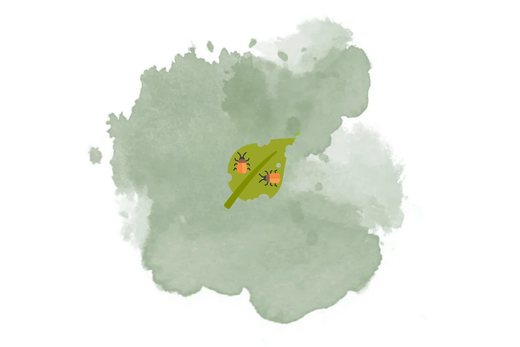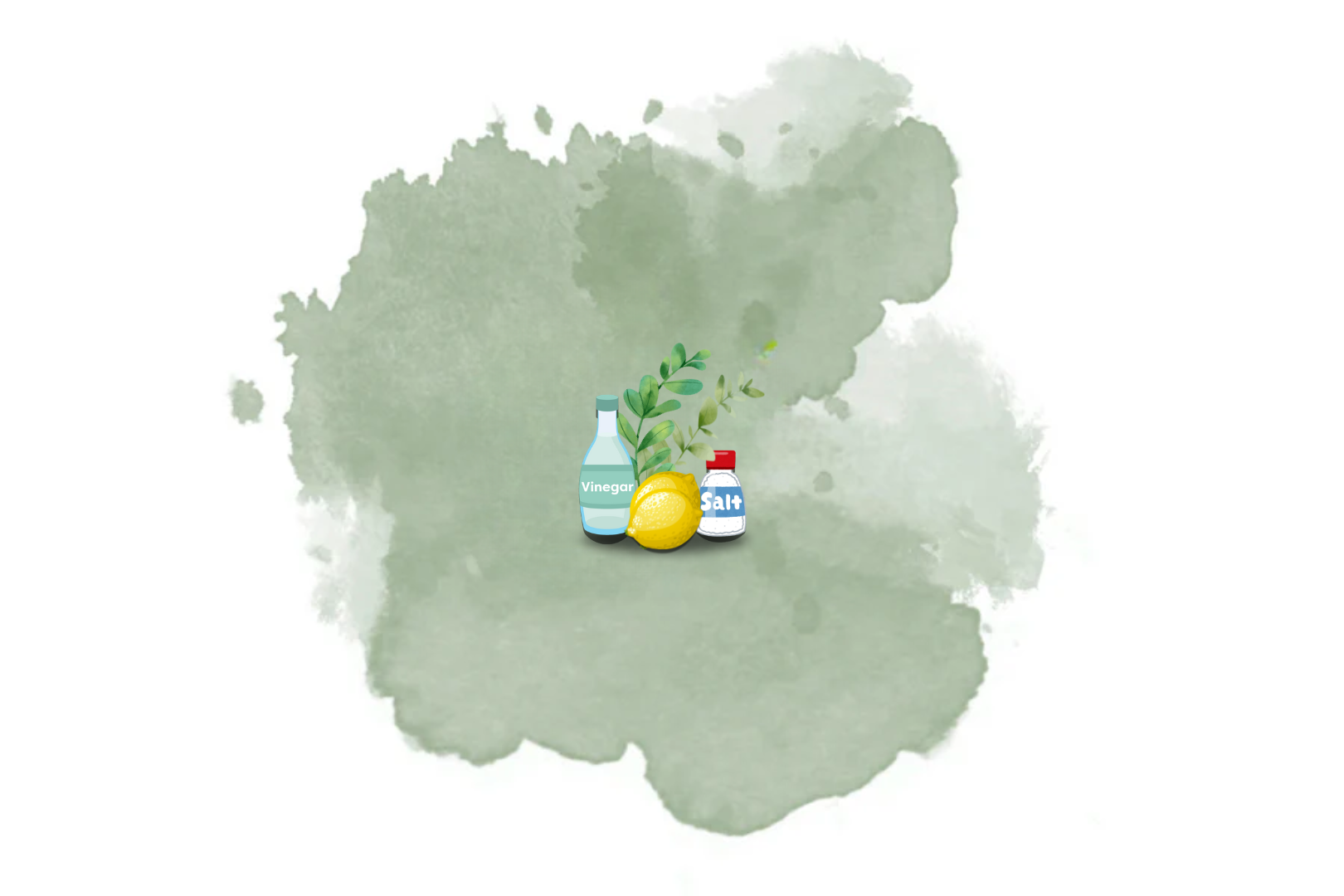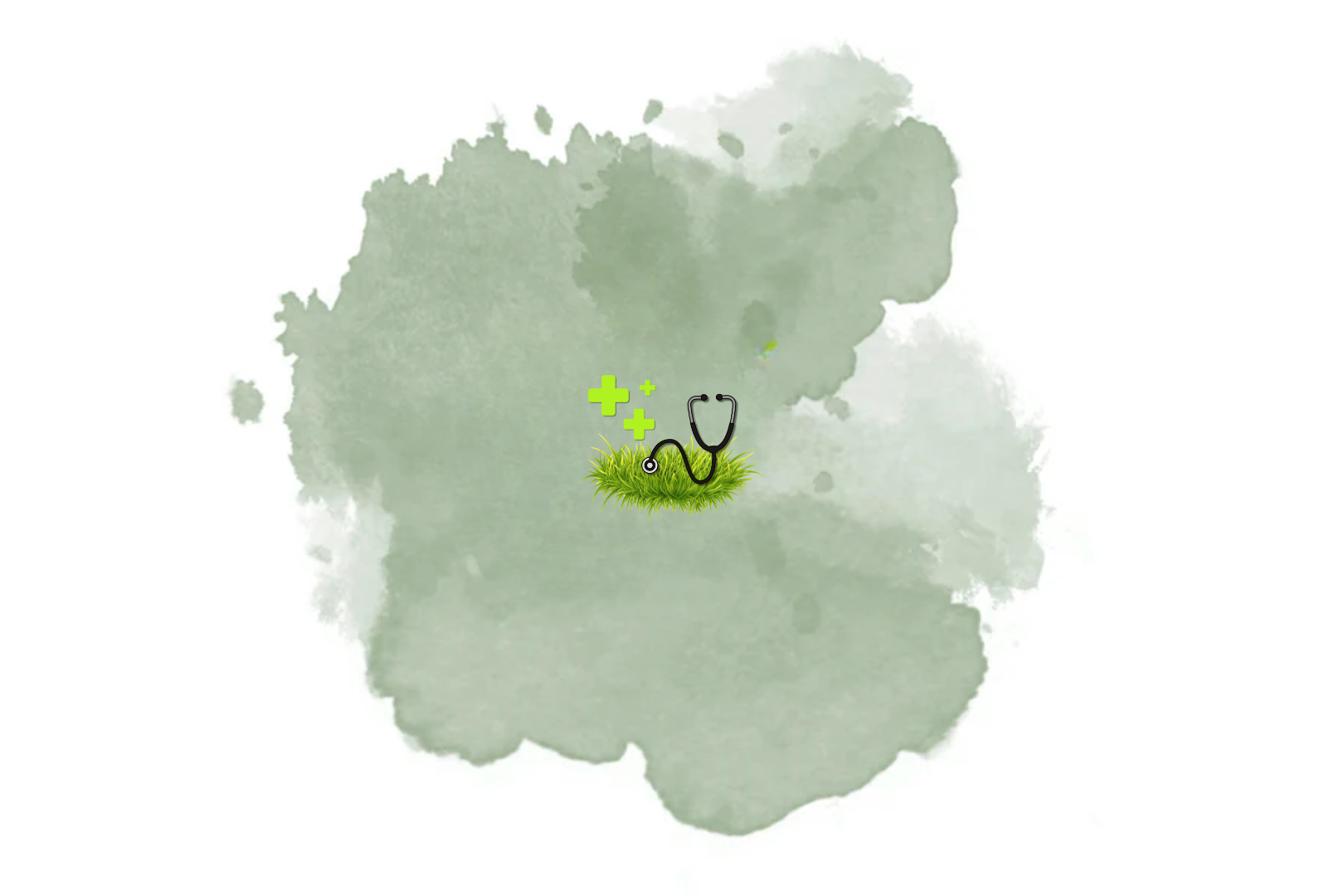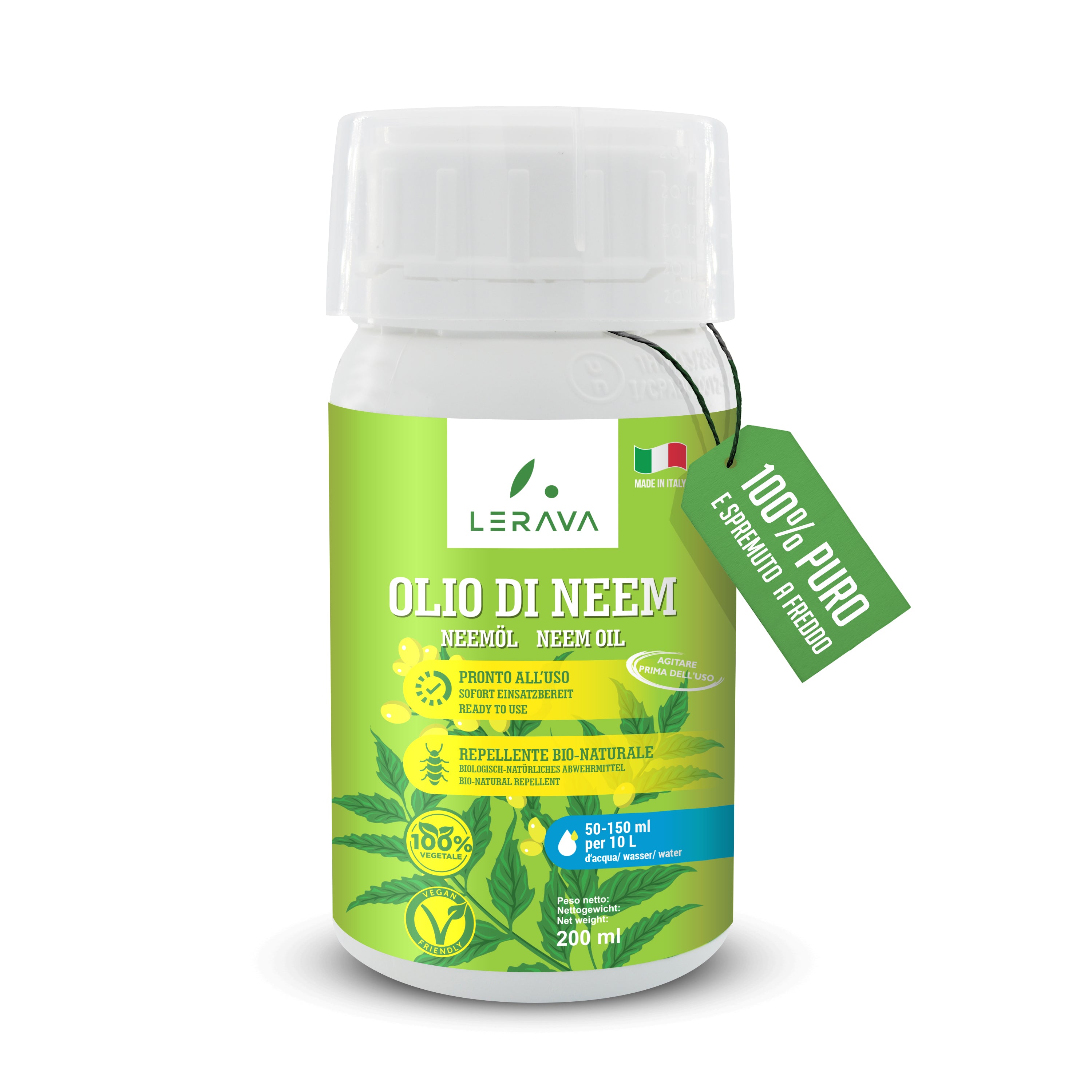A well-maintained lawn can be easily attacked by pests such as aphids, larvae, and other harmful insects. These small intruders can compromise the health of your lawn, causing yellowing, spots, and uneven growth. In this guide, we’ll explore how to identify them, use natural remedies, and prevent their occurrence.
Common Lawn Pests
Some of the most common pests affecting lawns include:
- Aphids: Small insects that feed on plant sap, causing weakness and yellowing.
- Beetle Larvae: Attack grass roots, leading to dry patches and lawn death.
- Nematodes: Among the microscopically small worms, there are certain types that damage roots and inhibit the growth of grass. However, there are also beneficial nematodes that can be used for biological pest control.
- Cinch Bugs: Feed on plant sap, leaving yellow or brown spots.
How to Spot Signs of Infestation
Recognizing the symptoms of an infestation is essential to act quickly. Common signs include:
- Yellow or dry patches on the lawn.
- Presence of small visible insects on leaves or soil.
- Uneven growth and weakened roots.
- Birds or other animals digging in the lawn, attracted by larvae.
"Regular observation of the lawn can help you detect problems before they become severe.“ — Rainer Spitaler

Common Causes of Infestations
Pest infestations can be caused by several factors, including:
- Excessive watering: Creates a humid environment favorable to pests.
- Insufficient maintenance: Neglected lawns are more vulnerable.
- Over-fertilizing: Weakens roots and attracts insects.
Natural Remedies for Pests
Natural remedies are an eco-friendly way to combat lawn pests:
- Castile Soap: Diluted in water, effective against aphids and bugs.
- Neem Oil: A natural insecticide that repels many pests.
- Garlic and Chili: Infused in water, they can be sprayed on the lawn.

How to Use Natural Remedies
- Prepare a solution with 10 g of Castile soap dissolved in 1 liter of water.
- Spray neem oil on infested areas, following the manufacturer’s instructions.
- Create an infusion of garlic and chili, let it cool, and spray the liquid on the lawn.
Chemical Products for Pest Control
If natural remedies are insufficient, chemical products can be a solution:
- Specific Insecticides: Effective against larvae and aphids.
- Nematicides: To combat nematodes in roots.
"Use chemical products sparingly and only when absolutely necessary.“ — Rainer Spitaler
Precautions When Using Chemical Products
- Read the product instructions carefully.
- Wear gloves and a mask during application.
- Avoid applying chemicals before rain.
How to Prevent Infestations
Prevention is always the best strategy. Here are some tips:
- Regular Lawn Mowing: Maintain grass at an appropriate height to reduce hiding spots for pests.
- Balanced Watering: Avoid waterlogging, which favors pests.
- Soil Aeration: Improves drainage and reduces excess moisture.
- Proper Fertilization: Use balanced fertilizers to keep the lawn healthy and resilient.
Extra Tips
- Regularly check the condition of your lawn, especially in spring and autumn.
- Use natural traps to monitor pest presence.
- Consult a gardening expert if persistent problems arise.
By following these tips and the suggestions of Rainer Spitaler, you can protect your lawn from unwanted pests and keep it lush and healthy all year round.







